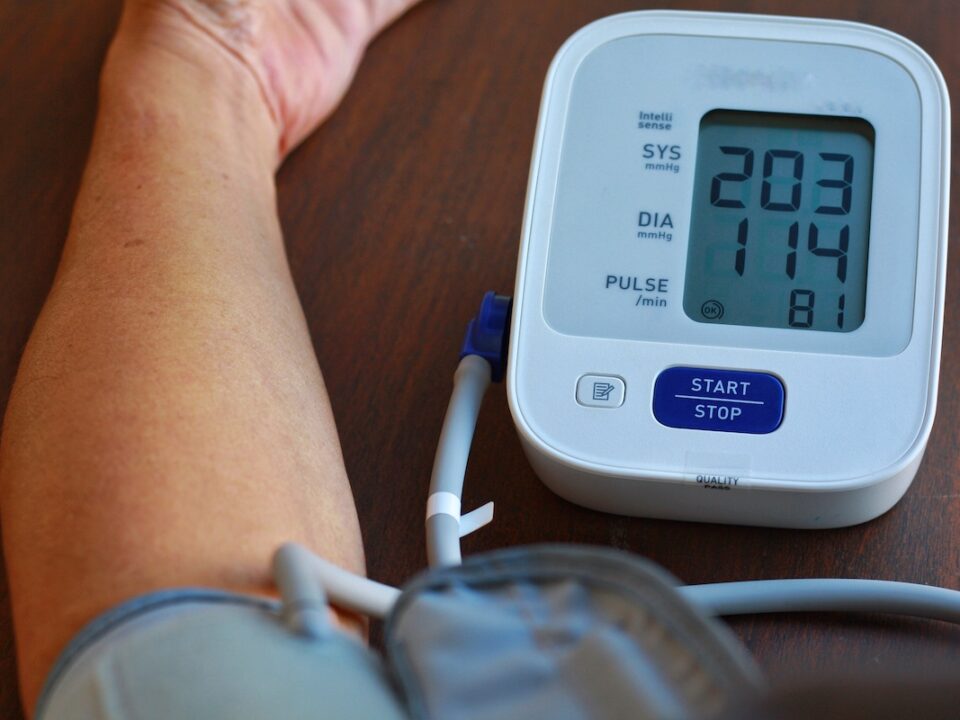How to Manage Stress and Better Your Health

With the onset of COVID-19 and major changes in our lifestyles, it’s critical to learn how to manage stress. Efficiently managing stress will make a big impact on your health from both a physical and mental perspective. Unfortunately, failing to properly control stress levels can yield a host of health issues that can otherwise be avoided.
If you are feeling that your stress levels are becoming out of control with no relief in sight, consider these tips to manage stress while bettering your health.
A Real-Life Picture of Stress Levels
It’s no secret that many of us are experiencing stress in our lives. While stress levels vary, these are some stats about stress to give you the big picture, according to the American Institute of Stress:
- 33% of people report feeling extreme amounts of stress
- 77% of people have stress that impacts their physical health
- 73% of people have stress levels that impact their mental health
- 48% of people experience problems with sleeping because of stress
If you are feeling stressed, you aren’t alone. Stress affects people from all walks of life and ethnic backgrounds. Women, single parents, and minorities are those who tend to experience the highest amounts of stress.
What are the Most Common Sources of Stress?
While experiencing unhealthy and chronic stress is bad enough, there are several trigger points that can cause stress to compound. These are some of the most stressful events that people can experience in life:
- Death of a loved one
- Moving
- Job loss
- Chronic illnesses and injuries
- Getting married
- Experiencing a traumatic event
- Increase in financial obligations
Beyond these events, there are other sources of stress to consider such as:
- Having a job that leaves you feeling drained and unhappy
- Having too much responsibility on your plate
- Working long hours
- Fear of termination
- Working in a dangerous environment
- Being harassed
- Fear of uncertainty, especially with the pandemic or terrorist attacks
- Setting unrealistic expectations for yourself
While there are many sources of stress, it’s important to know that stress is a part of life. To an extent, it is good to experience some level of stress in life. However, stress becomes a problem when it is chronic and ongoing. If you do not have any relief from stress, it can cause numerous health implications.
What are the Health Risks of Stress?
Stress does not come without looming health risks. If you are experiencing high amounts of stress over a long period of time, you might experience one or more of the following:
- Fatigue
- Headaches
- Insomnia
- Inability to concentrate
- Upset stomach
- Irritability
While these are a few of the minor health risks of stress, there are other more serious conditions to be aware about:
- Depression and/or anxiety
- High blood pressure
- Abnormal heartbeat
- Heartburn, ulcers, irritable bowel syndrome
- Weight gain or loss
- Changes in sex drive
- Fertility problems
This is why it is so important to manage stress levels and get your health under control. But with so many factors of stress that we are exposed to each day, how is it possible to manage stress in a healthy way? The good news is that there are plenty of ways to manage stress as well as your health.

Stress-Busting Tips for Your Mental and Physical Health
If you are looking for ways and ideas to manage your stress, you’ve come to the right place. We are offering several stress-busting tips that can help improve your mental and physical health.
Implementing just one or even several of these ideas can yield an improvement in stress levels.
Stepping Outside in Nature
Luckily, here in Georgia we experienced great weather for the greater part of the year. We encourage you to take advantage of sunny days and spend some time outside. Spending time in nature is proven to help reduce stress levels for several reasons.
Being in nature and experiencing scenic views reduce feelings of anger, stress, and fear. And improves pleasant feelings and it even increases your physical well-being. Even having house plants inside a room can help improve stress levels!
Consistently Exercise
If you have yet to begin implementing an exercise regimen into your life, there is no better time than now. Exercise can greatly reduce stress levels and help you feel your best, even while you are feeling stressed.
Why is physical exercise so effective for stress? There are several reasons. Studies show that physical exercise reduces overall feelings of tension and stress. Exercise can also help boost endorphins as well as making a positive impact on the endocannabinoid system, which plays an important role in stress response inside the brain.
While any exercise is better than no exercise, try to get some physical activity as often as you can. You will experience the greatest benefits and stress relief as well as physical health if you exercise consistently.
If you are wondering what type of exercise is best for stress, you have many options. Running is great for stress relief, but so are low impact exercises such as yoga. Take your time to experiment and discover what makes you feel your best.
Meditation
While physical exercise is achieved with your body, meditation is done with your mind. It helps you achieve a hyper-focused state of awareness and attention. Meditation is typically done in a quiet space that’s free from distractions. It brings a myriad of benefits, including psychological relating to emotional, sleep, and stress.
Meditation is hundreds of years old, but it has gained popularity in the United States. If you have yet to get your toes wet with meditation, you can try looking at videos at YouTube to see how it’s done. There are also guided meditations with video as well as podcasts that are free.
Focus on Proper Diet
When your stress levels are at an all-time high, the last thing that you want to do is consume a lot of processed food. You want to incorporate a balanced diet as much as possible, including eating lean protein, whole grains, fruits, and vegetables. Unfortunately, highly processed foods can actually put you in a bad mood which makes your stress worse.
Consciously Take a Break
This is especially true when it comes to work-related stress. Even while many of us are working from home due to the pandemic, it may feel as if home life and work life constantly mesh together with no separation. Whether you work in the office or at home, it is important to consciously take a break during the day.
What you do during that break from work depends on where you are and what you are able to do. Some examples include taking a walk, doing yoga, doing deep breathing exercises, and listening to uplifting music.
Even a 10 or 15 minute break can help lower your stress levels and make you feel better about going back to your activity.
Eliminate Stress That’s In Your Control
There are some forms of stress that are in our control. When you are able to control stress, you might have some options that can help you to reduce as much stress as possible.
For example, if you have trouble keeping up with housework, consider hiring a housekeeping professional to come to your home twice a month. If you need extra time to attend other activities but you have kids, consider hiring a babysitter. Ask friends and family for help when you don’t have any other place to turn.
If you cannot outsource stressful activities, you might have to re-organize your priority list. For example, you might have to be OK with your house not being in show quality condition all the time. You will have to pick and choose what matters most to you and let go of the stress for activities that don’t matter much.
Take Time For Hobbies
When your life feels like chaos, the last thing you want to do is let go of hobbies and activities that bring you joy. Setting some time aside for hobbies can help lower your stress levels and take your attention to something that you enjoy. There are plenty of hobbies to explore, ranging from reading a book to knitting, crocheting, or even playing games online.
Get Professional Help as Needed
If you feel that you have depression that stems from stress and you’re spiraling out of control, it’s best to get professional help. This can range from seeking therapy to getting on SSRI medication that can alleviate depression and anxiety. Professional help can push you through the tough times and give you the assistance you need to feel better.
When you need help with stress management and you are concerned about your health, don’t hesitate to schedule an appointment with us. We’ll provide you with an overall health evaluation and offer direction on how to better handle stress.



